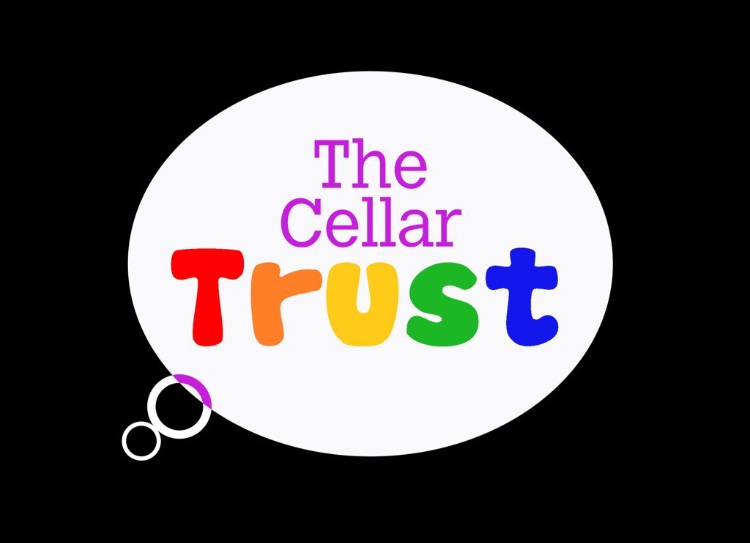Looking after your mental health at university
Starting university can be a really daunting experience. Whether you’re commuting from home, living away for the first time, or juggling family life and studying, it’s important to look after yourself and others. Below you’ll find our top tips for managing stress and putting things in place to make the transition easier…
Before you start…
Register with your local GP in your new town/city
When you move to a new town or city there’s a lot of ‘life admin’ to sort out. One thing that should be at the top of your list is registering with your local GP to make sure you can access health services and emergency care if you need it. For further advice and information, please visit the dedicated NHS webpage.
Research your local mental health services
Whether you’re staying close to home or moving away, be sure to research your local mental health services should you need them. Your (new!) GP can refer you to a range of services, but like a lot of our services, you can also self-refer. You can find a lot of charities and organisations on social media or via google, who will be happy to help you in any way they can.
Lists, lists and more lists!
Lists are a great way to help you get those ever-increasing mental notes down on paper. Whether you use the notes app on your phone or treat yourself to a notebook or some post-its, writing things down can really help with stress, and consolidating your thoughts can make bigger tasks more manageable. Here are some handy lists that have already been made for you…
- If you’re moving into halls or student housing you’ll find this fantastic UCAS checklist really helpful!
- The Complete University Guide has a brilliant ‘Managing Your Money‘ page, which advises on everything from council tax to budgeting
When you’re there…
Talk to your peers and/or access the university mental health support service
When you start university it’s likely everyone will be feeling excited, but also anxious, stressed, homesick and a little lonely. Did you know that universities have dedicated mental health support services, sometimes called a student wellbeing service, which you can go to with any kind of mental health worries or issues. If you’d prefer to talk to your peers, then why not ask your new flatmate out for coffee as it’ll give you both a chance to share your feelings and know you’re not alone. Although it may seem like a small step, it really can make a big difference.
Limit your time on social media
It’s very easy to compare yourself to others, especially when everyone is having new experiences and posting more frequently on social media throughout September. Try to do or remember the following:
- Although easier said than done, be sure to enjoy the moment and not compare yourself to others – what people portray on social media isn’t always true to real life
- You can track your social media usage via the settings on each platform, so why not set yourself a challenge to reduce this
- Book in regular catch ups via phone or FaceTime with family and friends back home. Having set times will give you something to look forward to and help you keep connected to home life, and means you’re not just communicating via WhatsApp or text
Create a new playlist
Listening to music is a great way to boost your mood, so why not create yourself a brand new playlist for your first week at university. Here are some great ideas for playlists:
- Select artists and bands from the region you’re in or have moved to
- Include songs from the year you were born and the year you start university so you’ve got a little bit of everything from two important years in your life
- Go for an uplifting theme – whether that be anthems, pop or holiday songs – it’ll come in handy when you’re studying and help keep you going!
Take regular breaks and have naps
As you’re learning to juggle a new schedule, keeping on top of your sleeping habits is really important. Not having enough sleep can massively contribute to levels of stress and anxiety, so where possible try and set yourself up for a fantastic day ahead by going to bed at a reasonable hour and getting in a couple of power naps on busy days
Help available in Bradford, Airedale, Wharfedale and Craven
We serve Bradford, Airedale Wharfedale and Craven, and work closely with other fantastic mental health charities and organisations across those regions. If you’re starting unviversity in any of these areas, please do make a note of the following information should you ever need it:
- First Response offers support 24 hours a day, seven days a week to people of all ages living in Bradford, Airedale, Wharfedale or Craven experiencing a mental health crisis. Please call 01274 221181 if you need support
- You can get in touch with us directly via 01274 586474 if you need to access any of our services
- Use the NHS directory, the Bradford District Care Trust site, or the Bradford DIVA directory to find other local services





